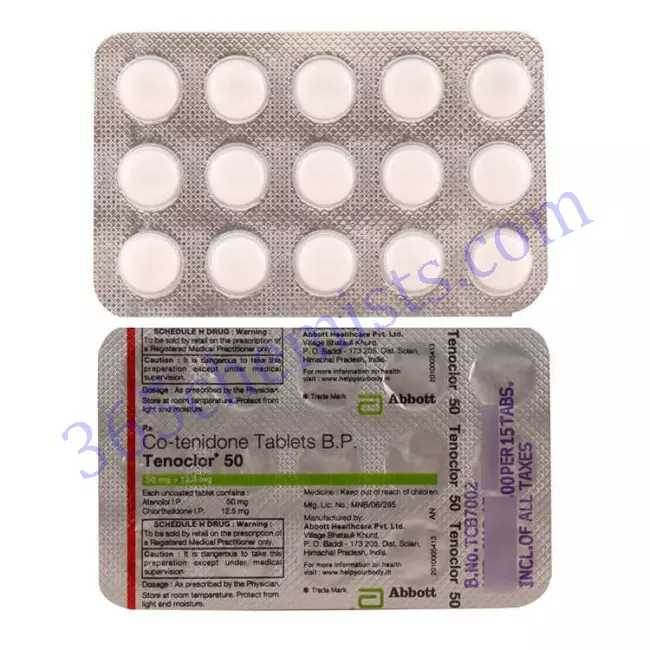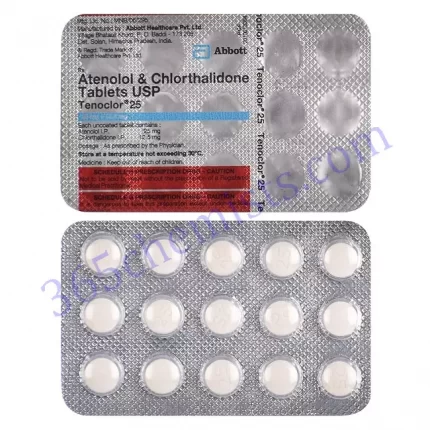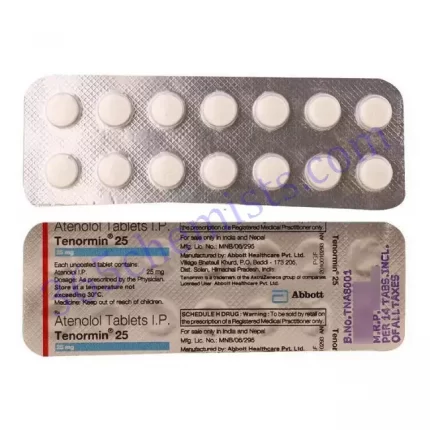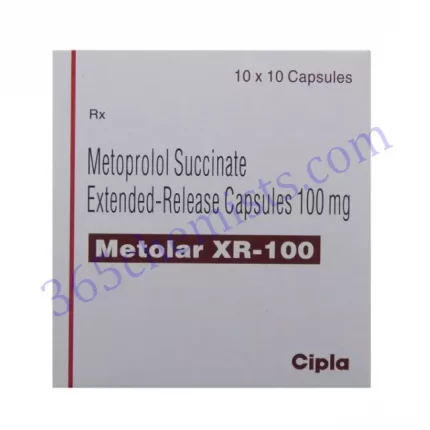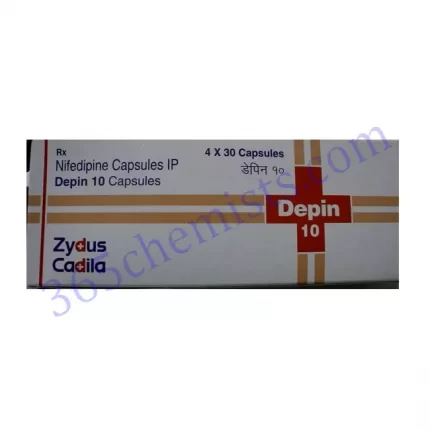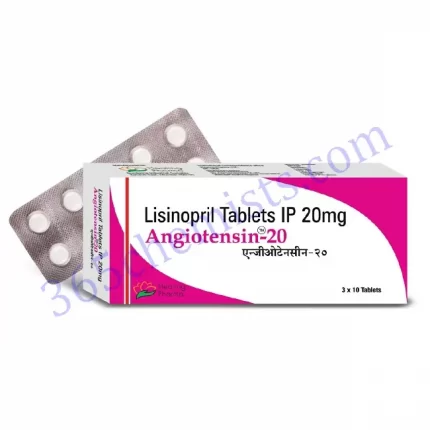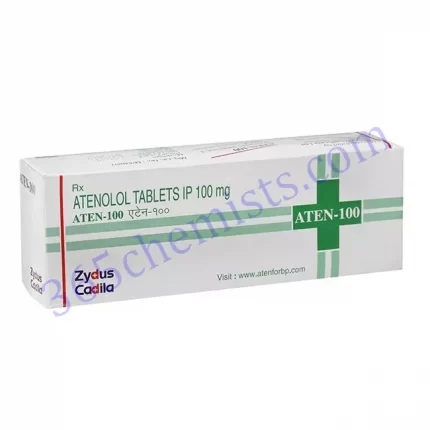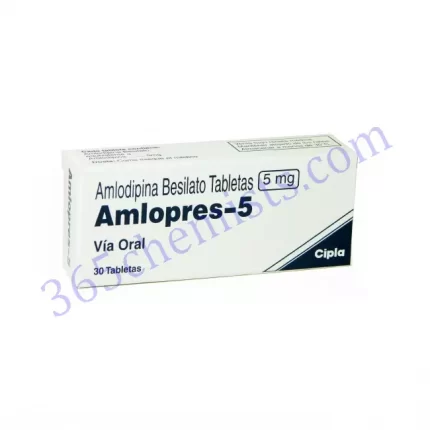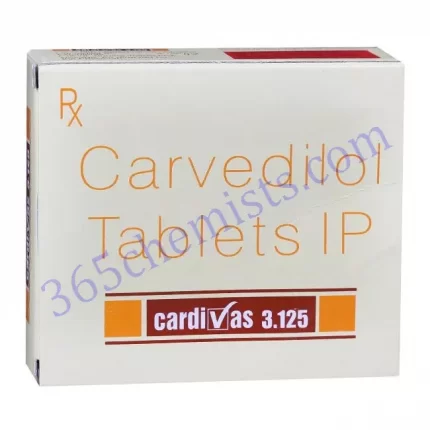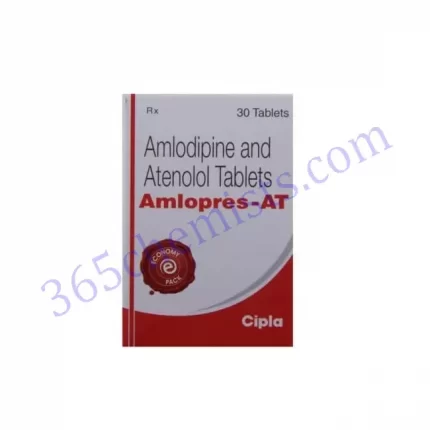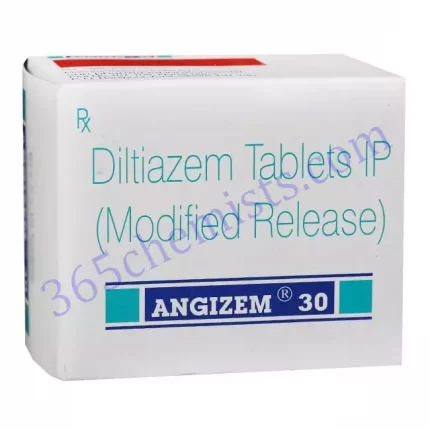Introduction to Tenoclor 50mg Tablet
Atenolol and chlorthalidone are the two components that are responsible for the therapeutic effects of the Tenoclor 50mg Tablet. This medication is a combination product. It is most commonly recommended for use in the treatment of hypertension, also known as high blood pressure. A beta-blocker (Atenolol) and a diuretic (Chlorthalidone) work together in this medication to help control blood pressure levels. Atenolol is the active ingredient in this medication. It is important to have a thorough understanding of the application, dosage, precautions, and potential adverse effects of Tenoclor 50mg Tablet in order to ensure that treatment is both safe and effective.
How Does Tenoclor 50mg Tablet Work?
Tenoclor 50mg Tablet is effective at lowering blood pressure because it targets two distinct mechanisms involved in the process. Atenolol is a member of the class of medications known as beta-blockers. These medications reduce the workload that the heart must perform by inhibiting the action of certain hormones, such as adrenaline. As a result, blood pressure is lowered. Diuretics, such as chlorthalidone, help the body get rid of excess salt and water, which in turn reduces the amount of fluid that is retained and also brings the blood pressure down. These two factors, when combined, have a synergistic effect on the ability to regulate blood pressure.
Usage and Dosage
- Tenoclor 50 mg Tablet ought to be taken in accordance with the directions that have been provided by your medical professional. Your specific medical condition and how well you respond to treatment will determine the optimal dosage for you. In most cases, one dose is administered once daily, preferably in the morning, and can be taken with or without food. Take the tablet as directed, along with a full glass of water.
- It is essential to carefully adhere to the directions provided by your medical professional regarding the dosage and length of treatment. It is not advisable to stop taking Tenoclor 50 mg Tablet all of a sudden without first consulting your physician, as this could result in an unexpected spike in blood pressure.
Precautions and Contraindications
Before you take the Tenoclor 50 mg Tablet, it is important that you discuss any preexisting medical conditions, allergies, or medications that you are already taking with your doctor. The following are some of the warnings and medical conditions that should be considered before taking this medication:
- Tenoclor 50 mg Tablet should not be taken if you have a known allergy to the components of the medication, including Atenolol, Chlorthalidone, or any other component of the medication.
- Asthma and other breathing conditions: Because atenolol is a beta-blocker, it has the potential to make symptoms worse in people who already have asthma or other respiratory conditions. Before beginning treatment with this medication, you should discuss any breathing issues with your attending physician.
- Problems with the heart It’s possible that people who have certain heart conditions, like heart block, bradycardia (a slow heart rate), or heart failure, shouldn’t take the Tenoclor 50mg Tablet because it may not be suitable for them. Talk to your primary care provider about your complete medical history before starting any new medication.
- Impairment of kidney or liver function: Patients taking Tenoclor 50mg Tablet who have impaired kidney or liver function may need to have their dosage adjusted or be monitored closely while taking the medication. Please see your primary care physician for individualised guidance.
- Diabetes patients taking atenolol or chlorthalidone may experience changes in their blood sugar levels. If you have diabetes and are taking this medication, you should keep a close eye on your blood sugar levels and let your doctor know about any significant shifts you experience.
Related Product
Tenoclor 25mg Tablet
Tenoclor 50mg Tablet
Possible Side Effects
Tenoclor 50mg Tablets have the potential to bring on a range of undesirable effects in some people. Some examples of common adverse effects include:
Fatigue or dizziness
Freezing hands and feet
a rhythm that is sluggish
a feeling of sickness or an upset stomach
Urination that is more frequent
The mouth is dry
Impotence or decreased sexual desire
These adverse effects are typically mild and fleeting in nature. However, if they continue or start to cause you discomfort, you should talk to your doctor about getting further evaluation.
Drug Interactions
Tenoclor 50mg Tablet may interact with other medications, which may either change how well those medications work or raise the risk that they will cause adverse effects. Talk to your primary care physician about any and all medications you are presently taking, whether they were prescribed to you, purchased over the counter, or are herbal supplements. Tenoclor 50mg Tablet is known to interact with a number of medications, including the following:
- The simultaneous use of nonsteroidal anti-inflammatory drugs, also known as NSAIDs, has the potential to lessen the blood pressure-lowering effects of Tenoclor 50mg Tablet. It is recommended to check one’s blood pressure on a regular basis.
- Tenoclor 50mg Tablet should not be combined with other blood pressure-lowering drugs because doing so may result in an unnaturally low blood pressure reading. When multiple antihypertensive medications are being taken, it is imperative that the patient be carefully monitored.
- Tenoclor 50mg Tablet can affect blood sugar levels, and as a result, adjustments to the dosage of diabetes medication may be necessary. Insulin or oral antidiabetic drugs are two examples. Maintaining a consistent monitoring schedule for one’s blood sugar levels is essential.
- Tenoclor 50mg Tablet and digitalis glycosides: Using Tenoclor 50mg Tablet at the same time as digitalis glycosides, which are used to treat heart failure, may increase the risk of irregular heart rhythms. When these medications are combined, careful monitoring is required as a precaution.
Conclusion
Tablets of Tenoclor 50mg are a combination medication that are utilised for the treatment and management of hypertension. Atenolol, a beta-blocker, and chlorthalidone, a diuretic, are both components of this medication, and together they contribute to the effective control of blood pressure levels. It is essential to take the Tenoclor 50mg Tablet exactly as directed by your doctor, to adhere to the dosage instructions, and to be aware of any potential adverse effects and interactions with other medications. Monitoring your blood pressure on a consistent basis and maintaining close contact with your healthcare provider are both necessary components of an effective and safe treatment plan for hypertension. Consult your physician for individualised guidance if you have any worries or questions about your health.

